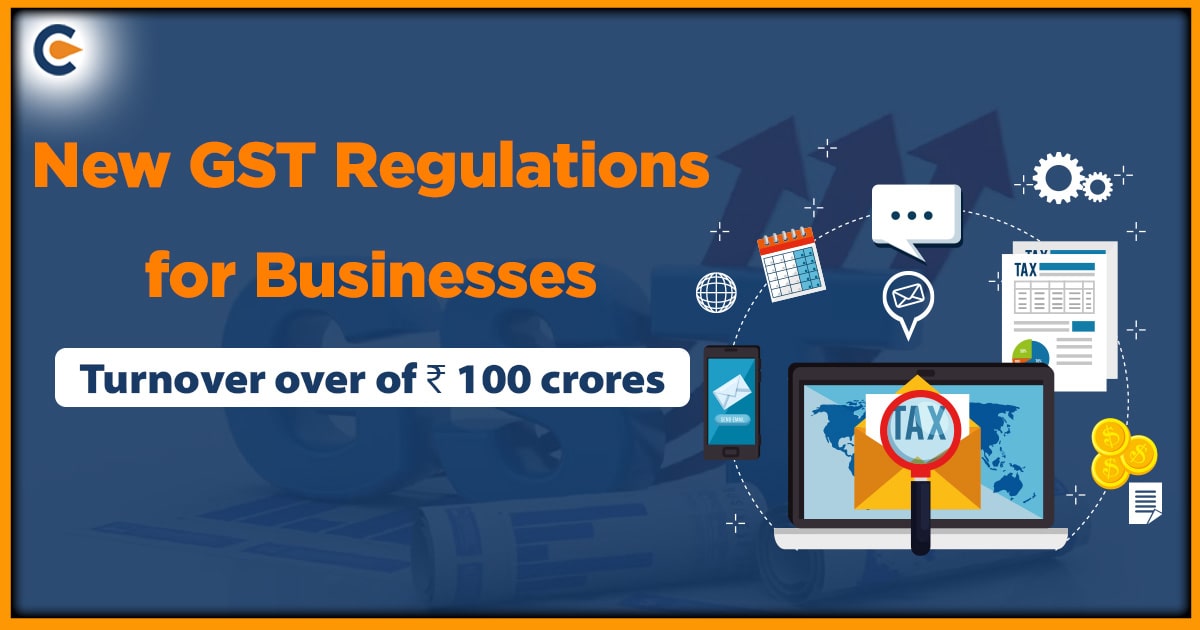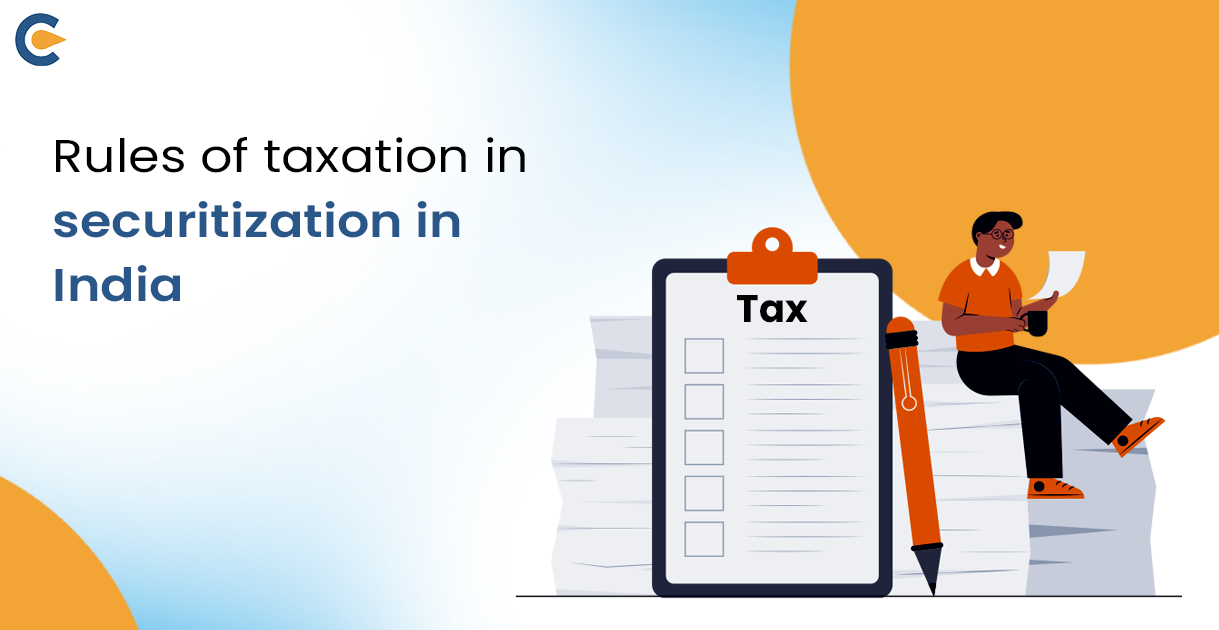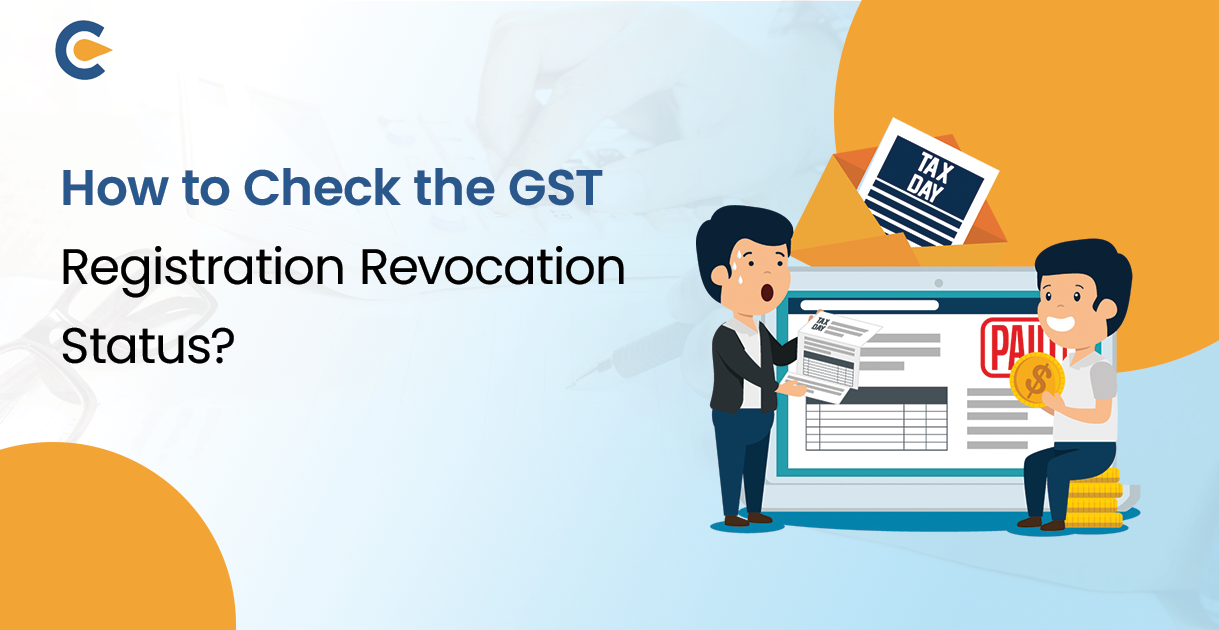All the companies working in India are liable to GST. All these companies have to get their GST registration for the businesses; only after that can they conduct the commercial activity. GST is a unified tax in nature, and the main significance of the same is that it reduces tax fraud on a large scale. GST laws transformed the whole tax system of the country, and all the indirect taxes were removed, and in their place, a new set of GST laws were implemented. The central and state both the government levy the taxes from the business as per the regulations prescribed in the GST. GST was implemented with the goal of providing uniformity to the taxation system in India. There were too many taxes earlier, and their compliance proved to be more complicated than expected. With GST, the tax system is much easier than earlier tax systems.
In this blog we will discuss the new GST regulations for over 100 Cr turnover businesses, how it is important and other details.
What is the Invoice System in GST?
All business-to-business invoices are now uploaded to the Invoice Registration Portal using an e-invoice system, which is available to GST-registered individuals. The user receives a distinct Invoice Reference Number, an e-invoice that has been digitally signed along with a QR number from the IRP.
GST Regulations for Over 100 Cr Turnovers Businesses
Some new GST regulations for over 100 Cr turnovers will now replace the old regulations. The Goods and Services Tax Network (GSTN) states that commencing in May 1, businesses having revenue of at least Rs. 100 crore have to upload their e-invoices to the portal of invoice registration within seven days after generating the invoice.
The issuance date is not regarded now. As per the GST regulations for over 100 Cr turnovers the companies will now have to upload their invoices on the same day to the portal of invoice registration. The government of India in relation to GST regulations for over 100 Cr turnovers has chosen to set a deadline for submission and uploading of past-due invoices on the e-invoice portals, according to an advisory sent to taxpayers by Goods and Services Tax Network (GSTN).
This regulation is applicable to companies that generate at least Rs—100 crore in revenue annually. In the circumstance when the companies do not upload their invoices on the portal, then they will not be able to claim any ITC. As per the new GST regulations for over 100 Cr turnovers, the invoices have to be uploaded more speedily in order to remain in compliance. For instance, if the date on the invoice is February 10, the invoice must be uploaded by February 18. Only a seven day timeframe is given.
GST Regulations for Over 100 Cr Turnovers Businesses: Significance
These new GST Advisory for over 100 Cr turnovers businesses are introduced to make changes in the current GST regulations and to bring some benefits as well. The significance of GST Regulations for over 100 Cr turnovers businesses is:
- Timely compliance
With this new GST regulations for over 100 Cr turnovers businesses a timely compliance can be increased. The new regulations have laid down a seven day time period in which the invoices are to be reported. If not done the timeframe will be closed automatically. When the businesses follow this new regulation, their time management will be more effective and this will affect positively on the business as well.
- Benefit of ITC
The benefits of input tax credits can be availed when the seven-day time period is complied with by all businesses that have an annual turnover of 100 crores. If the time period is not complied with, the businesses will not be able to claim the ITC.
Conclusion
In conclusion, GST regulations for over 100 Cr turnover businesses are to be complied with if the businesses do not want to miss their input tax credit claim. These new GST regulations for over 100 Cr turnovers are introduced to increase the timely compliance. These new GST regulations for over 100 Cr turnovers businesses are exclusively for invoices only.
With Corpbiz, get your GST registration today. At Corpbiz, we understand the importance of timely compliance. Our experts ensure timely compliance and seamless registration process along with various GST related services to our clients. With Corpbiz’s GST registration services business of any type and size can get assistance for GST compliances. Our experts provide assistance from paperwork till you get the certificate and post compliance as well.
Frequently Asked Questions
What if turnover is above 100 crore?
Businesses in India that generate more than Rs. 100 crores in the year, now will have a thirty day to file the invoices as per the GST regulations for over 100 Cr turnovers.
What are the new GST regulations for businesses with turnover of 100 crore?
The revised timeframe will take effect on November 1 2023. The authorities of GST have made the decision to set a thirty-day timeframe for reporting the invoices on the invoice portal, with a date on the invoice. This is only for businesses with turnover of 100 crore.
Can I start a business without GST?
You can start a business without GST only if the company earns below the threshold GST authorities give.
Is GST mandatory for proprietorship?
GST is mandatory for the proprietorship when the business has a turnover above the threshold limited as per the GST regulations.
What is new timeframe as per GST regulations for over 100 Cr turnovers to report the invoices?
The businesses will now have to follow the seven day time period in reporting of the invoices as per GST regulations for over 100 Cr turnovers.
What is IRP?
IRP, as per the GST regulations for over 100 Cr turnovers, is the invoice registration portal.
What happens if I miss the seven-day timeframe for reporting the invoice?
If the seven day timeframe is missed by the businessman, he will not be able to claim input tax credit.
Does reporting of debit and credit notes apply to the new advisory?
No, the new GST regulations for over 100 Cr turnover businesses are only for invoices.
What is IRN?
IRN is the invoice reference number the IRP generates when the invoices are reported.
The new GST regulations are applied to which businesses?
The new GST regulations are only applied to businesses with a turnover of Rs. 100 crore annually.
Read Our Article: How To Do GST Registration For Property Dealers?











